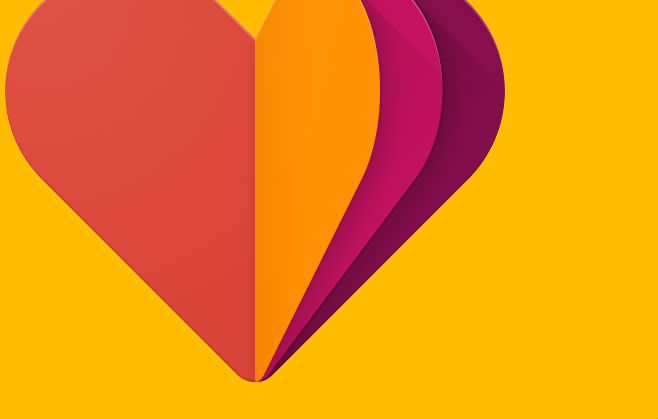
Google’s Fit versus Apple’s HealthKit: How will it compare?
Health and fitness apps are not new on the scene, but when one from Google comes along, it’s worth looking at how it just might impact this growing sector. So with Google’s new Fit app just launched, how will it stand up to its biggest competitor- Apple’s revolutionary HealthKit?
Just this week, the tech giant launched its Fit app on Google Play, enabling Android users to track their health and fitness goals. The app connects to the user’s Google account and monitors everything from daily activities, exercise, and the number of steps taken, while you can manually input data and add additional activities. Users can also view their dashboard online, and at some point in the near future will be compatible with third party apps and other devices such as Android smart watches and other wearable fitness trackers. This means that users will be able to sync their data from a number of sources and keep it in one place.
So how does it compare to Apple’s HealthKit? Both offer similar monitoring features, sharing capabilities, and the ability to input data. But the main point of difference is the fact that HealthKit is primarily an app for developers, meaning users’ personal health data is accessed through their fitness apps as sources. However alongside Fit, Google has also launched its Fit APIs for developers, as well as a preview of its software development kit for Google Fit. Initial partners have also been announced, including Nike, Runtastic and Runkeeper, who will soon have their apps ready for Fit integration. This means that like HealthKit, Fit is going down the same developer route, although competition is likely as both Apple and Google have partnerships with the same companies, including Nike and Adidas. Something which might work well in Google’s favour though, is a possible alliance with the FitBit wearable tracker. Whereas other wearables companies have remained open to both HealthKit and Fit, FitBit is notorious for its past disputes with Apple, one of which centres around HealthKit’s incompatibility with Android. If FitBit do decide then to partner with Google Fit, the advantage will be that users can integrate their data with Fit, as opposed to using one or the other in isolation.
And Google is evidently intent on tapping into the health market with another recent venture- investigating new technologies that can target diseases such as cancer. Research has been centred around nano-particles that can bind themselves to malignant cells, while the company is also testing minute intravenous machines that can be taken in pill form. However, the technology will unlikely be ready for some years, although it does show that one of Google’s primary focuses at the moment is with the health sector. In the meantime, we look forward to using Fit and seeing which new apps will be developed for it.
Do you use health and fitness apps to monitor your daily statistics? Do you think Google Fit will be popular with Android users who wish to keep their fitness app data in one place? We’d love to hear your thoughts, so please tweet to us @PracticeDigital, and share your comments on our Facebook page.




